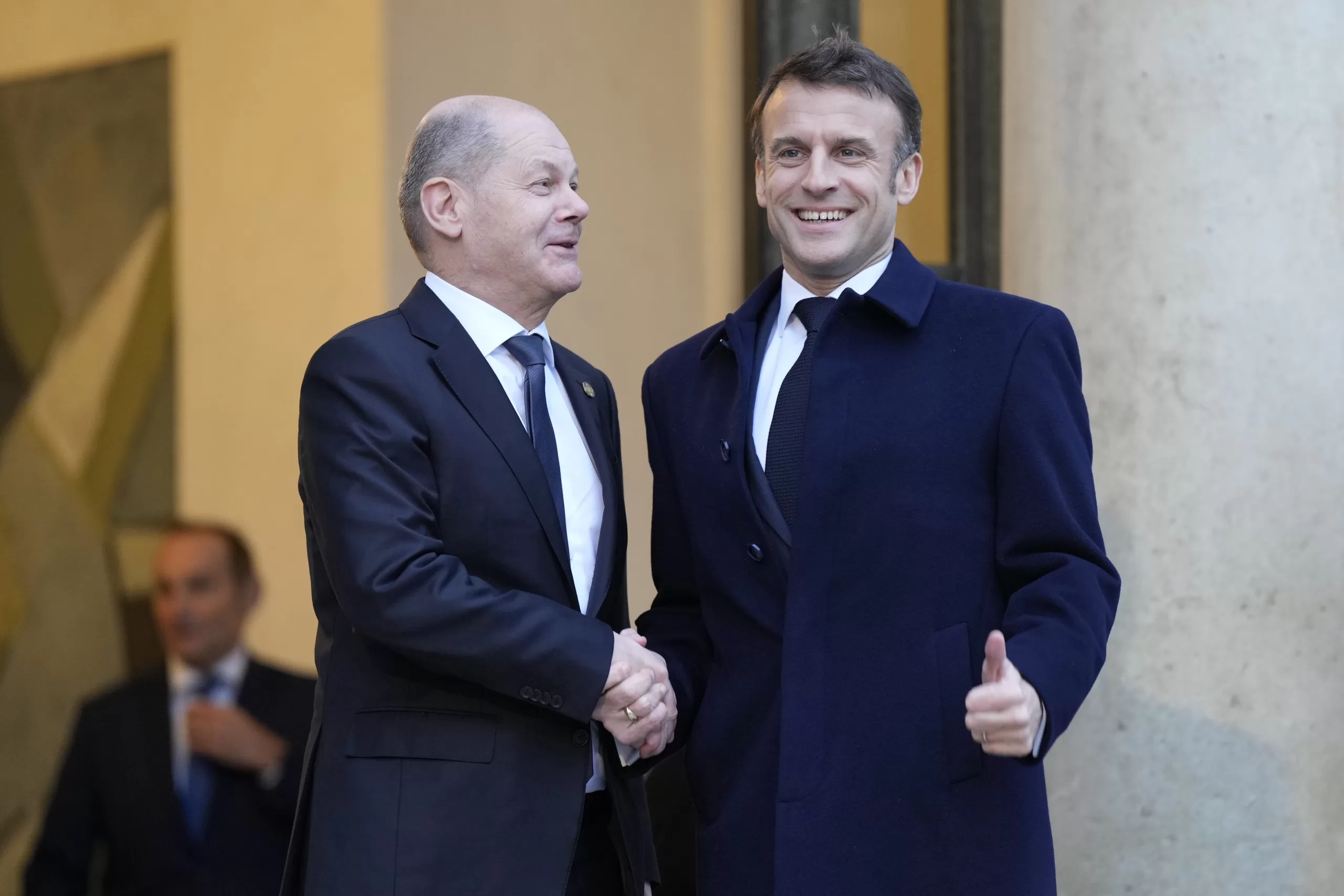
Those comments were a stark contrast to Chancellor Olaf Scholz, who shortly before departing for the summit in Paris made the opposite argument, warning of the dangers of Russia’s reaction should his government send German-made Taurus long-range missiles to Ukraine.
“We cannot be linked at any point or place to the targets that this system can reach,” Scholz told reporters in Berlin. “This clarity is also necessary. I’m surprised that some people aren’t even moved by it, that they don’t even think about whether what we’re doing could lead to a kind of involvement in war.”
Germany isn’t alone in its reluctance to be overly provocative toward Moscow. From the beginning of the war, U.S. President Joe Biden’s administration has also attempted to walk a fine line, giving Ukraine the weapons it needs to defend itself without providing so much that it draws the U.S. into a war with Russia.
On Tuesday, leaders of several NATO nations distanced themselves from Macron’s comments, insisting they have no plans to send troops to Ukraine.
But German fears of conflict with Russia are particularly ingrained. That is in a great part a consequence of history. The Russian threat has long loomed in the German imagination. There’s also an element of historical guilt.
Earlier in the war, Scholz delayed a decision on sending German-made Leopard tanks to Ukraine, partly because of a strong pacifist streak in the country.
